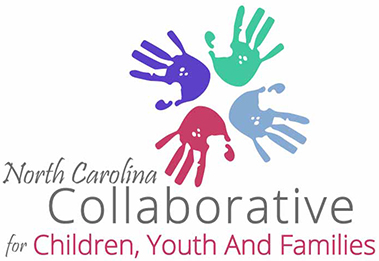Key Messages to Stakeholders for Creating FASD informed Communities in North Carolina
Kathy Hotelling, Ph.D., co-founder & Board Chair, NCFASD Informed, Inc.
Parents
- If traditional therapies, including medications, are not effective for the given diagnoses, consider the missing diagnosis of FASD
- Think brain damage, not willful disobedience
- Expectations need to be set at developmental age, not chronological age, to promote success
Health Professionals
- If the child is adopted from foster care, privately or internationally, consider the possibility of exposure to alcohol in utero and make a referral for evaluation
- FASD is a whole body diagnosis; while focus is on the brain because of it’s influence over behavior, over 400 co-morbidities exist with this diagnosis
- FASD is a lifelong developmental disability
Teachers
- Consider exposure to alcohol in utero when behavioral issues arise and are not responsive to traditional interventions, such as consequences
- The child with an FASD CAN’T not won’t
- The parent is NOT bad; they are as frustrated as you
Juvenile Justice system
- Individuals with an FASD are 19 times more likely to be incarcerated due to deficiencies in executive functioning
- Because of inaccurate and missing diagnosis of FASD, resulting in inadequately addressing or even recognizing the problem, there is a strong possibility of revolving door cycle and lifetime of incarceration for those with an FASD
- Individuals with FASD typically have a diminished ability to understand legal terms and processes, as well as to assist in own defense
Legislators and Policy Makers
- 1 in 20 first graders have been found to have an FASD by UNC researcher, Philip May (JAMA, 2018)
- As many as 80% of children in foster care have an FASD which, unrecognized, leads to multiple placements
- Individuals with an FASD are 19 times more likely to be incarcerated both of which cost taxpayers millions of dollars because we do not recognize the scope and affect of FASD on our population
- Upon entry into the system foster care, children need to be screened for FASD, as well as evaluated if screening is positive, in order to teach foster parents coping mechanisms to enhance individual’s potential while in care and when they age out
